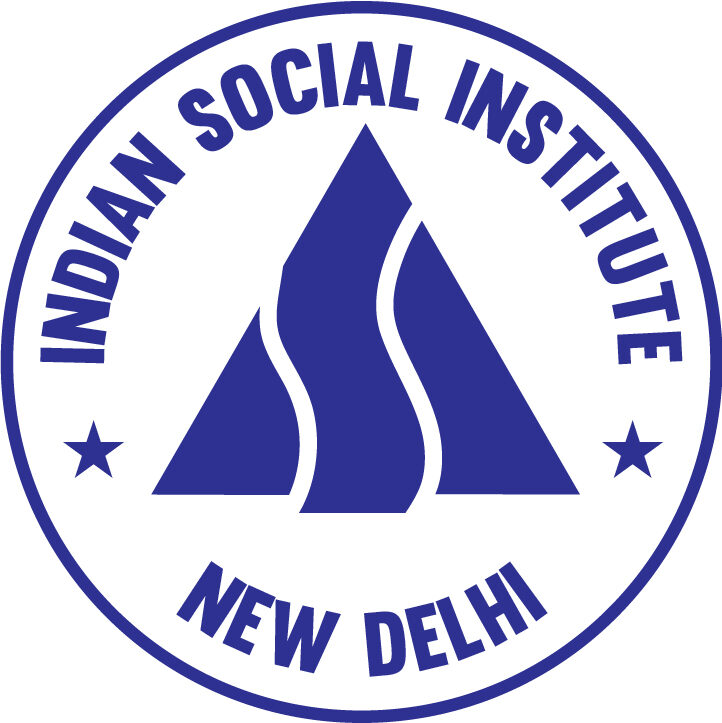Research Projects Completed in 2020
1. ‘Hygiene Management in India: A Women’s Perspective’,
by Dr. Archana Sinha and Dr. Lata Jayaraj, 2020. Funded by ISI, New Delhi.
This study is an effort to understand the impact of poor sanitation on women’s safety, well-being, and educational prospects. Menstruation is a natural process linked to the reproductive cycle of women and girls. If it is not properly managed, it can result in health problems, which social, cultural and religious practices can compound. With the absence of basic facilities like water, women’s toilets, etc., in rural and urban India, women tend to compromise on their hygiene management. Thus, this study brings to the fore the women’s issues about sanitation and health.
2. ‘Participation of Tribal Women in Local Economy: Case Studies of Jharkhand and Assam’,
by Dr. Archana Sinha and Furzee Kashyap, 2020. Funded by ISI, New Delhi.
This study attempted to understand the perceptions, responses, and actions, as well as the determinants of actions in society and the lives of tribal women, in the context of existing gender relations in general and among tribal societies. Further, the study attempted to understand how women place themselves in constricted situations and deal with home and social responsibilities. The change was visible in the status of women towards one of greater equality with men and in her role towards greater participation in the local economy, as well as other social and economic activities, because of legal changes made through constitutional amendments, government schemes, and policies. However, the elements and pace of such changes cannot be said to be the same across all tribal communities and states.
3. ‘Women at Work in Handloom-Handicraft Establishments in Uttar Pradesh’,
by Dr. Archana Sinha, Funded by ISI, New Delhi.
The Chikancraft sector, with its vast workforce of women, is confronted with the challenge of a competitive economic environment. An empirical study of the prevalence and extent of the Chikancraft industry was conducted in Lucknow to gain information about the pockets of production and the cluster of the women workers engaged with Chikan handicraft works in the selected rural and urban locations in Lucknow district. The schemes haven’t really improved the workers’ socioeconomic conditions, possibly due to various factors such as lack of awareness. Thus, the qualitative study helped me understand gender relations in the work context and helped me to create further knowledge.

